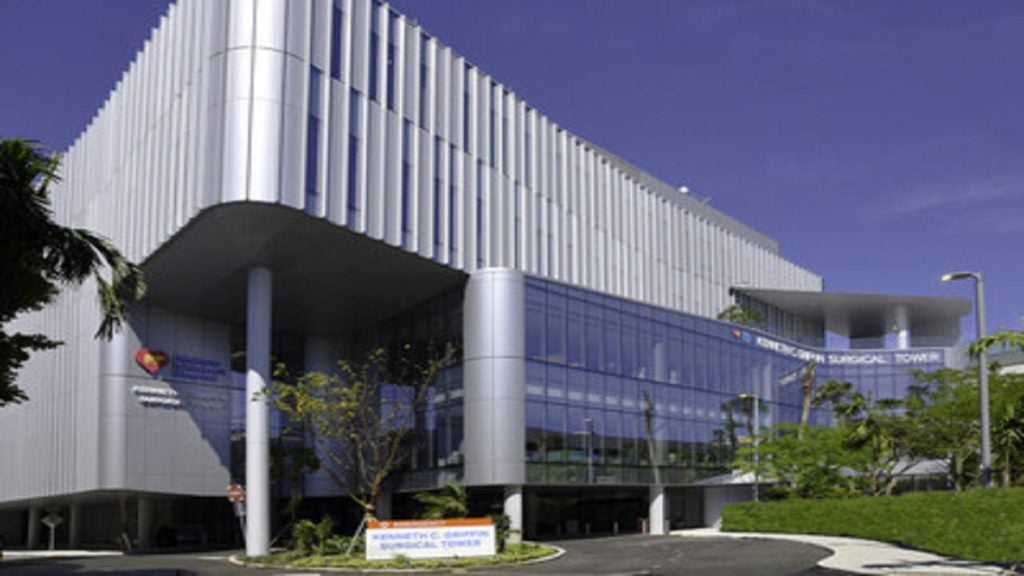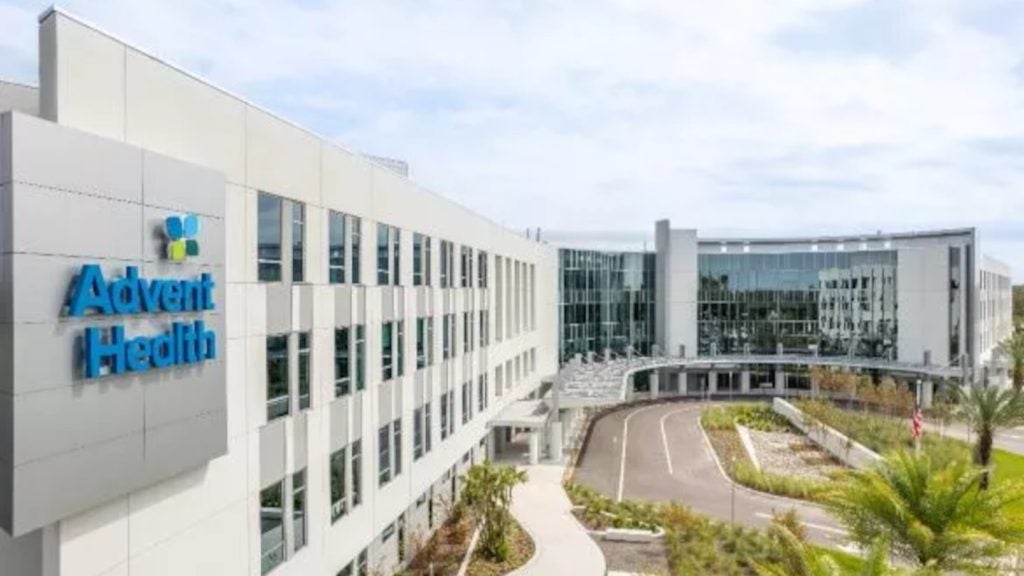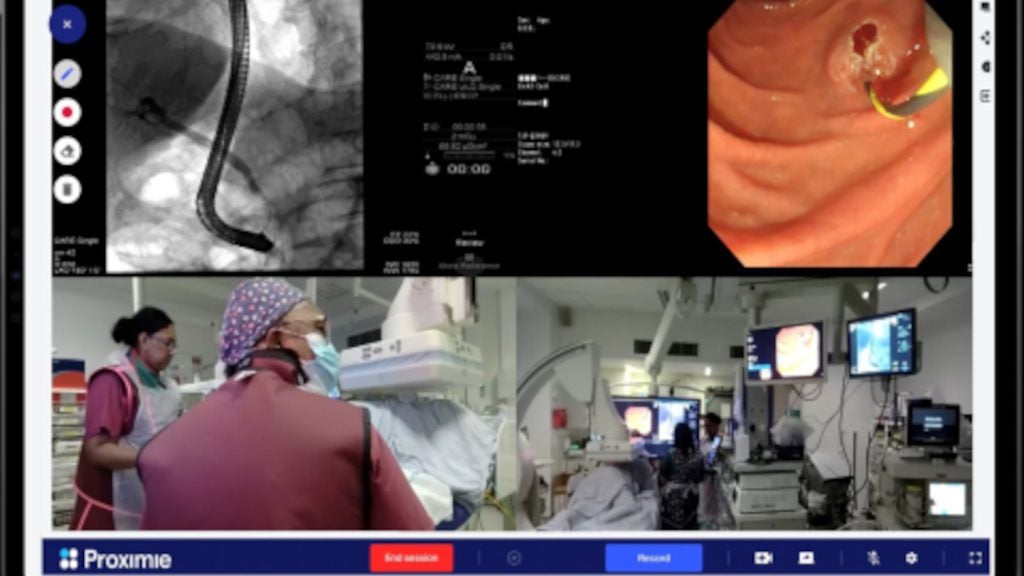US-based University Hospitals Case Medical Centre (UH Case Medical Centre) has deployed a new non-invasive imaging technology, computed fractional flow reserve (FFRCT) specifically developed for coronary artery disease.
Located in Cleveland, Ohio, the hospital is offering a non-invasive test, which will provide insight on both the extent of the blockage, as well as whether it is impacting blood flow to the heart.
Developed by HeartFlow, the FFRCT technology combines non-invasive 3D imaging with computational fluid dynamics technology to produce detailed models of a patient’s cardiovascular anatomy.
HeartFlow chairman John Stevens said: "Research on this technology began more than 20 years ago and we have continued to refine it over time to ensure we were able to provide precision, safety and efficiency.
"It is incredibly gratifying to finally give clinicians in the United States the chance to use our technology to help treat their patients."
To provide mathematically FFRCT values from images derived using non-invasive computed tomography (CT) angiography, the technology performs millions of complex equations simulating blood flow in the coronary arteries.
How well do you really know your competitors?
Access the most comprehensive Company Profiles on the market, powered by GlobalData. Save hours of research. Gain competitive edge.

Thank you!
Your download email will arrive shortly
Not ready to buy yet? Download a free sample
We are confident about the unique quality of our Company Profiles. However, we want you to make the most beneficial decision for your business, so we offer a free sample that you can download by submitting the below form
By GlobalDataAccording to the hospital, FFRCT values show pressure differences around a lesion to determine whether it is likely to reduce blood flow to the heart. It allows physicians to implement the right course of action for each patient.
University Hospitals operates 15 hospitals, 28 outpatient health centres and primary care physician offices in 15 counties of the US.







